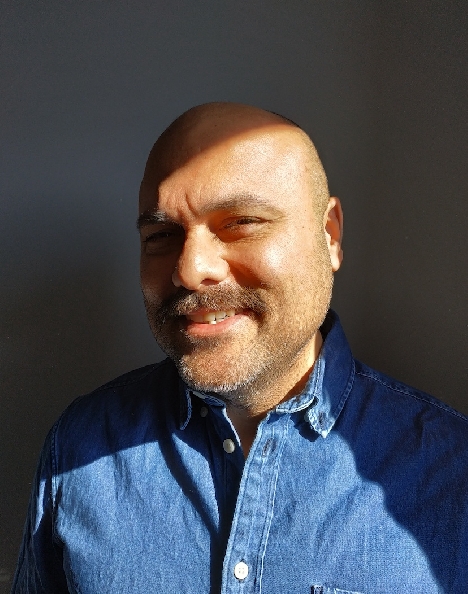A lecture by Dr. Salman Hussain, the S.S. Pirzada Dissertation Prize in Pakistan Studies recipient for 2018.
Talk Abstract
This talk will examine how political emotions, historical memory and the notion of the rule of law are mobilized in Pakistan. Based upon 20 months of fieldwork, it will focus on a countrywide protest movement led by the lawyers, their bar associations and their allies in the educated and professional urban middle-class: the Lawyers Movement for the Restoration of Judiciary and Democracy (2007-09). Investigating the lawyers successful galvanization of Pakistanis against military rule, and towards the successful restoration of the higher judiciary, I will address how various individuals and groups, advocating disparate religious, secular and liberal ideals, came to form a collective political agency, as well as engage in protest action without the prior establishment of a political consensus. Following the Lawyers Movement, I suggest that the various forms of popular protest and agitation in postcolonial South Asia continue to draw from the discourses on liberal legality and constitutional rights.
Speaker Bio
Salman Hussain is a Lecturer/Research and Teaching Fellow in the Legal Studies Program at the University of Massachusetts, Amherst. He completed his PhD in Cultural Anthropology at The Graduate Center, City University of New York and held a Dissertation Writing Fellowship and then a Visiting Research Fellowship in Law and Anthropology Department of the Max Planck Institute for Social Anthropology, Germany.
He is working on two research projects currently: The first one focuses on forced disappearances in Pakistan and the political protests and human rights activism against them. This project draws from the ethnographic research he has continued to conduct (since 2012) with the families of the missing persons and political and human rights activists in Pakistan.
His research examines how the families, particularly, mothers, sisters and wives, of the missing persons (separatists and political activists and suspected Islamist militants extra-judicially abducted and detained by the state military and intelligence services in the so-called war against terrorism) engage in protest and human rights activism to demand justice and accountability in Pakistan. He studies how the families and claimants of the missing persons use various evidence and memory-making practices regarding the disappeared and the tortured persons to enter their cases in the higher courts and to make political demands in the public sphere.
His second project examines the intersection between law, body and sexual biopolitics in Pakistan and examines a new language of gender and sexual rights that has emerged to contest inequality and marginalization in South Asia. Specifically, he follows the hijras/khwajasarras campaigns for human rights in the Pakistani legal, public and media spheres. His research shows that the sexual biopolitics, which followed the hijras/khwajasarras human rights litigation in the Supreme Court and their continuing engagement with the state through the non-governmental organizations that some of their gurus have set up themselves, has fragmented their communities and resulted in the (self) essentialization of their identities and (self)disciplining of their bodies.
His previous research projects have focused on international development, state formation, and the politics of Islam in Afghanistan, and shadow economies in South and Central Asia. He has conducted fieldwork at the Pakistan-Afghanistan border, and has focused on the projects of international development in the post-9/11 Afghanistan.
His research has appeared in Identities: Global Studies in Culture and Power, Anthropologica and POLAR: Political and Legal Anthropology Review.
________
The Syed Sharifuddin Pirzada Endowment on Pakistan, established by Rafat Pirzada and his wife, Amna Jaffer, and named after Rafat Pirzadas father, Syed Sharifuddin Pirzada, supports i) the Syed Sharifuddin Pirzada Dissertation Prize on Pakistan (an annual dissertation prize for the best work in the humanities, social sciences, law, or public health on Pakistan, the region that is Pakistan, or things to do with Pakistan), and ii) the Syed Sharifuddin Pirzada Lecture on Pakistan (an annual lecture that spotlights the winner of the S.S. Pirzada Dissertation Prize). Rafat Pirzada is a Silicon Valley based entrepreneur and venture capitalist.
Like us on FACEBOOK
Follow us on TWITTER
For DIRECTIONS to the Institute please enter "Institute for South Asia Studies" in your google maps or click this GOOGLE MAPS LINK.
PARKING INFORMATION
Please note that parking is not always easily available in Berkeley. Take public transportation if possible or arrive early to secure your spot.
The event is FREE and OPEN to the public.

